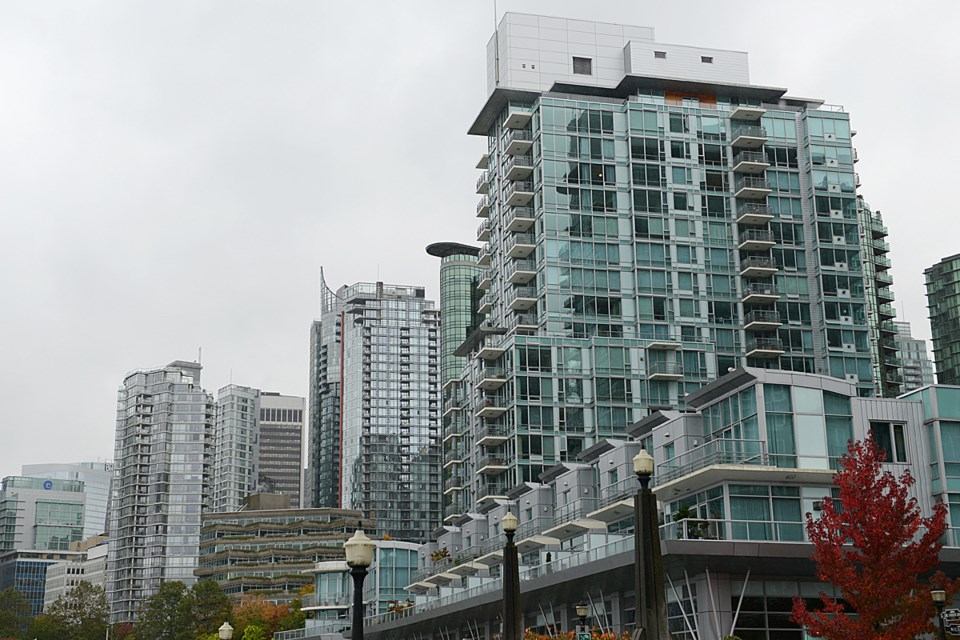July 1 was a special day for many Â鶹´«Ã½Ó³»residents.
We celebrated Canadaâs 150th anniversary of confederation. But it was also the deadline by which some condominium and house owners had to rent their properties to avoid paying Vancouverâs new Empty Home Tax.
Readers may recall my longstanding concerns with vacancy tax programs. In an October 2014 column , I reported on then London Mayor Boris Johnsonâs desire to âwhack up council taxâ on houses that remained empty for more than a year.
Since vacancy tax programs were introduced in the UK, it appears the number of vacant homes has actually increased, and many pundits question whether such programs can be effective, or are simply an attempt to solicit votes in cities with severe housing crises.
Last year, Mayor Robertson announced Vancouverâs so-called Empty Home Tax. I say âso-calledâ since this tax didnât just penalize owners of empty dwellings; it also penalized owners of regularly used second homes unless they are rented out for a minimum of 180 days to someone else.
The mayor said the intent of the program was to encourage owners of vacant or âunder-utilizedâ properties to rent them out. However, these homes were unlikely to be rented.
At the time, I questioned why someone who lived part-time in Â鶹´«Ã½Ó³»should be penalized, noting these residents pay full property taxes, and generally place little demand on schools and community centres. Moreover, they support city retailers, restaurants and cultural and sporting activities.
Administration costs for the program were estimated at $2.5M. This subsequently increased to $4.7 M.
In April, I wrote another Courier column setting out . This generated considerable response from many people who also questioned the likely program benefits, and application to regularly occupied second homes.
Last month the city announced the administration budget was being further increased to $7.4M and it was proposing administrative changes for the program. I was hopeful they would exclude second homes.
However, the staff report recommended against excluding second homes, unless they were a principal residence or rented for a minimum 180 days. When I contacted the city to find out why these owners were being punished with a tax penalty equal to three times their annual property tax, I was told they had choices; they could sell or pay the tax.
On June 28, a council committee was scheduled to consider the staff report. Hoping councillors would be more thoughtful and understanding, I requested to speak to the matter.
In ,ÌýI acknowledged we are in a housing crisis and need to take action to increase supply of affordable rental housing. I too was disturbed by empty dwellings and would like to see them occupied, rather than serve as safety deposit boxes for investors.
However, I was not there totalk about empty or vacant dwellings. I was there to discuss the homes which under this bylaw were "deemed empty".
I urged council to amend the program to clearly distinguish between truly empty units, and those regularly used as second homes. I suggested this would make the program easier to administer and likely more enforceable.
Since the goal was to increase the supply of rental housing, I recommended that council also address the problem of investor-owned Airbnbs which are having a far greater on available rental housing stock; approve the backlog of dozens of rental housing projects caught up in the bureaucracy;improve the cityâs zoning to reduce number of required rezonings; and set up a matchmaking service so that those with empty suites and even empty bedrooms, might make them available to those seeking affordable housing.
Some affected second home owners also urged council to amend the program, but it refused. Shortly thereafter the mayor issued a statement that included the following:
âWe need a tax on the 25,000 empty and underutilized homes to encourage the best use of all our housing, and help boost our rental supply at a time when thereâs almost no vacancy.â
Two days later, under the headline âAmid a housing crisis, Â鶹´«Ã½Ó³»buys houses and leaves them emptyâ, the Globe and Mail reported on a city-owned house thatâs been left vacant for the past year.
Ìý
Twitter @michaelgeller
Ìý
Ìý
Ìý
Ìý
Ìý



